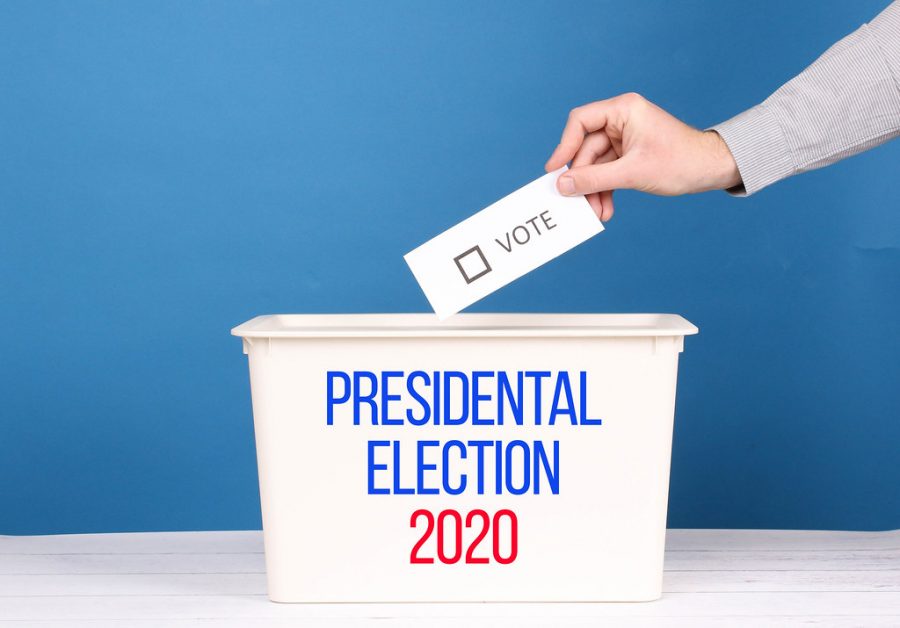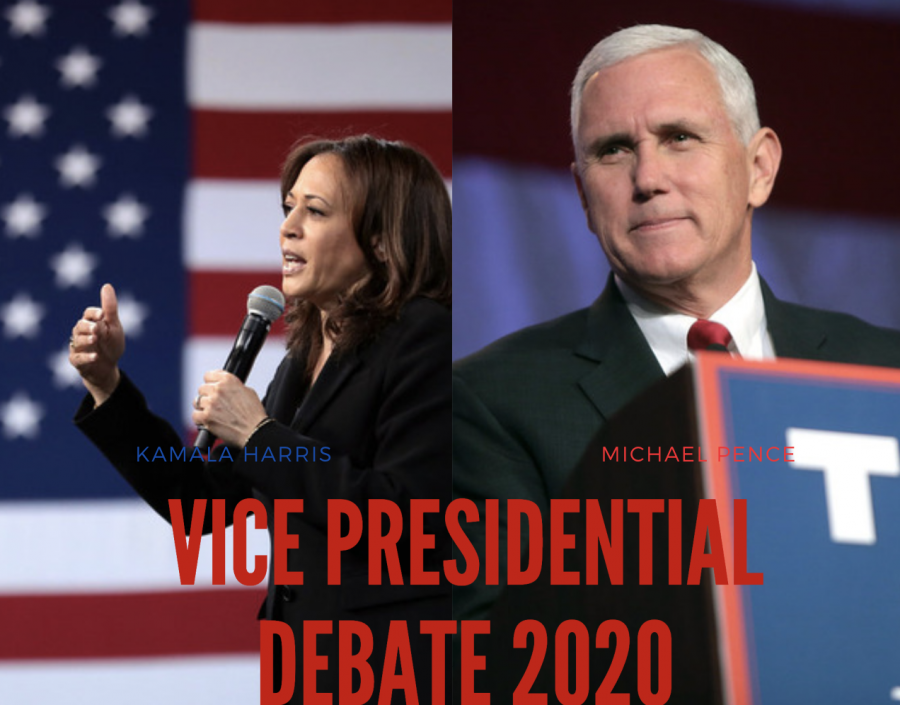There has always been a serious polarization among Americans on the two ends of the political spectrum. Whether the issue being debated is marriage equality, health care, tax reforms or literally thousands of other issues, liberals and conservatives will generally have a different viewpoint.
Recent research has suggested why people tend to lean to one side rather than the other. The answer may lie, at least in part, in neurology.
ProCon.org, a nonprofit site, recently compiled research from thirteen separate, peer-reviewed studies. The findings indicate a large divide in thought processes of liberals and conservatives, even on issues that seem to be unrelated to politics.
For example, Erik G. Helzer and David A. Pizarro conducted a study about cleanliness. The finding was that “Conservatives have stronger motivations…to preserve purity and cleanliness.” This finding was then interpreted to mean that cleanliness and the commitment to purity can be metaphors for certain moral judgments.
In some cases, the findings were a bit less abstract. A study by Ryota Kanai, Tom Feilden, Colin Firth and Geraint Rees analyzed “a large sample of young adults” identifying with each political party. They found, via MRI, that “greater liberalism” was associated (at least in their study) with a larger anterior cingulate cortex. This is associated, they claim, with a greater tolerance to uncertainty. Those individuals identifying as conservatives had, largely, an “increased volume of the right amygdale.” This has been scientifically linked with a great sensitivity to fear.
Of course, neurology does not guarantee that a person will be committed to either liberalism or conservatism. This may be evidenced by those who change political parties after many years, or those who form no opinion whatsoever on politics.
Several universities, such as NYU and UCLA, have conducted studies in the past to try to answer the question of why the two major political groups are often so far apart. It is likely that more universities will do so in the future, but it also seems likely that as long as there are issues debated in the United States, there will be heavy polarization between the major parties.


















